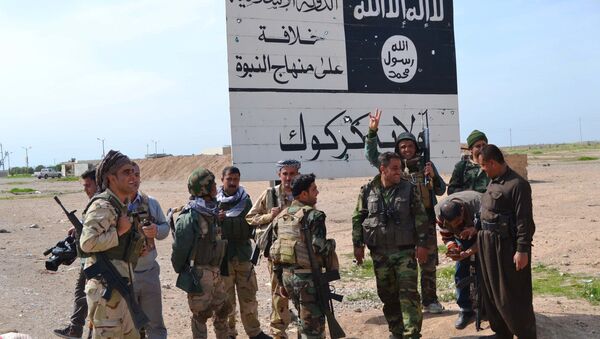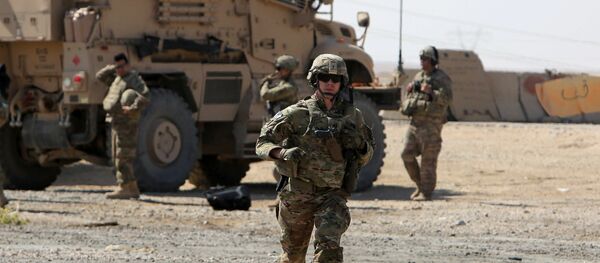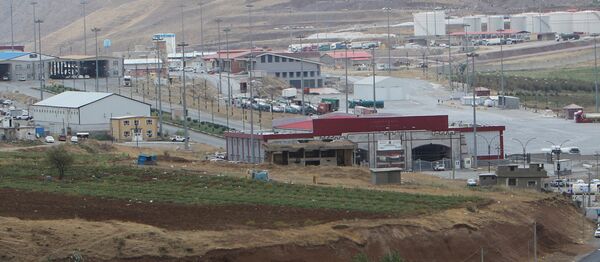Last week, Daesh militants retreated to Kurdish-held lines to evade executions by Sunni Arab tribesmen seeking vengeance and armed Shi‘ite Muslim paramilitaries who fought alongside Iraqi government forces in Hawija.
"Approximately 1,000 men surrendered over the last week. Not all, however, are terrorists," the security official said, explaining that many militants surrendered to Kurdish Peshmerga — the military forces of the autonomous region of Iraqi Kurdistan — near the Kurdish-held city of Kirkuk, east of Hawija.
"It's far to say hundreds probably are [Daesh] members, but that will be clear after the debriefs," the official, who asked to stay anonymous, added.
According to Hisham al-Hashimi, an expert on Daesh who spoke with some of the surrendered militants in the Dibis camp near Kirkuk, "[The Sunni Muslim militants] no longer seem to believe in the cause," Reuters reported.
Daesh leader Abu Bakr al-Baghdadi released an audio recording two weeks ago, further solidifying speculation that he remains alive, despite reports from months past that he had been killed. In his recording, he implored his followers to continue fighting despite the blows they'd suffered in Iraq and Syria.
Daesh is still in control of some territory in Iraq along the western border with Syria, including the town of al-Qaim.
On Tuesday, Iraqi Prime Minister Haider al-Abadi claimed that Daesh militants would be defeated once this final piece of territory is recaptured before the end of the year.
Daesh currently has command over territories on the Syrian side of the border with Iraq, but are gradually being defeated by the US-backed, Kurdish-led coalition and Syrian government troops with foreign Shi‘ite militias supported by Iran and Russia.
In July, after a nine-month battle, Daesh's cross-border caliphate crumbled after US-backed Iraqi forces recaptured Daesh's de facto capital of Mosul.





